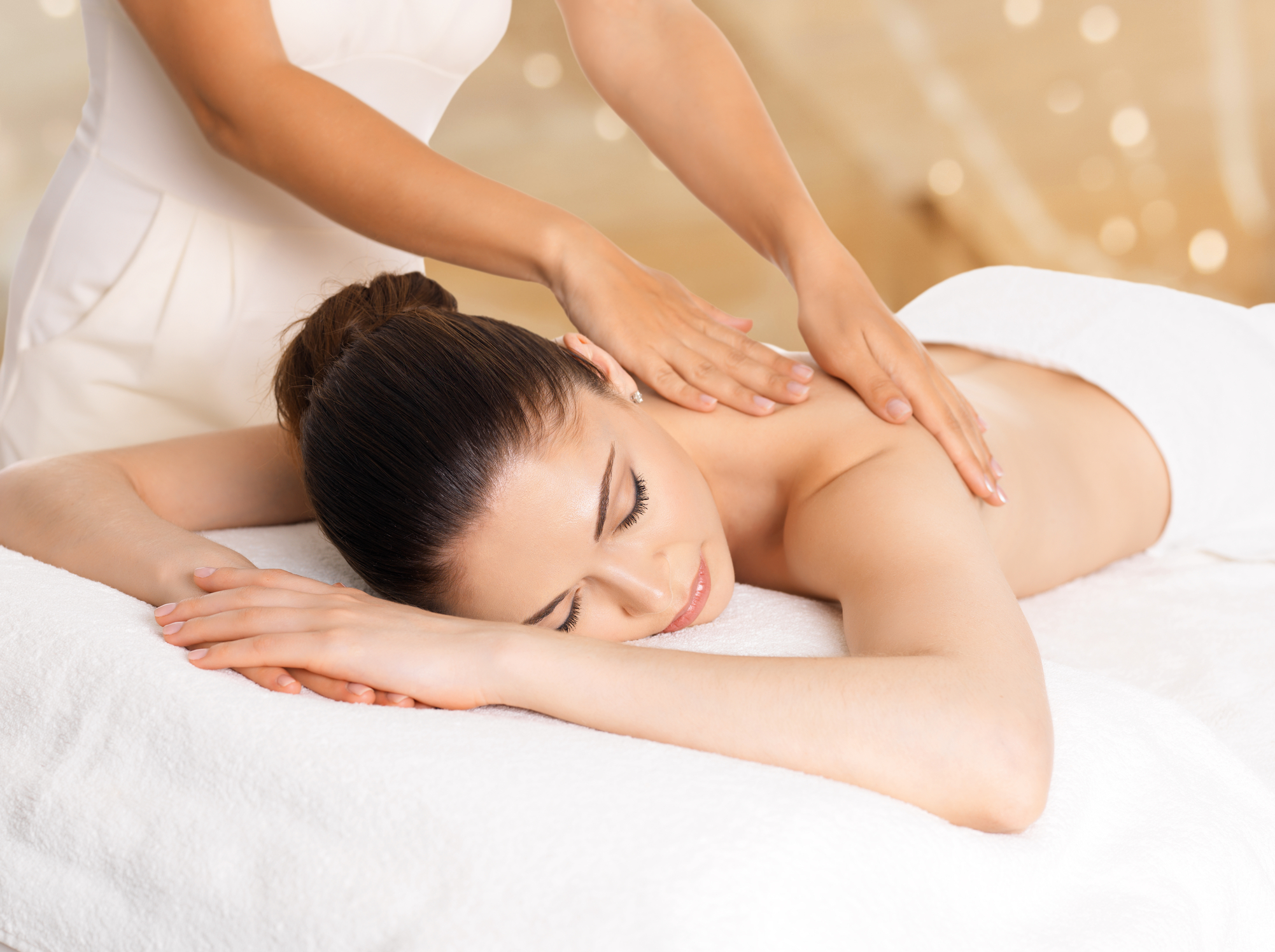Resilience refers to the ability to bounce back from difficult situations or setbacks. Self-care is an essential aspect of building and maintaining resilience. Here are some ways to strengthen your resilience through self-care:
- Prioritize rest and sleep: Getting enough rest and sleep is crucial for maintaining physical and mental health. It helps the body and mind recover and rejuvenate, making you better equipped to deal with stressful situations.
- Exercise regularly: Exercise is a great way to release stress, increase endorphins, and improve overall health. It can help build physical and mental resilience, making it easier to handle challenging situations.
- Eat a healthy diet: Eating a nutritious diet can help you feel more energized and focused, making it easier to cope with stress. It’s also essential for maintaining good physical health, which can help you bounce back from illness or injury more quickly.
- Practice mindfulness: Mindfulness involves being fully present in the moment, without judgment. It can help you manage stress, increase self-awareness, and build resilience.
- Connect with others: Having a strong support system is crucial for building resilience. Spend time with friends and family, and reach out for help when you need it.
- Engage in activities you enjoy: Doing things you enjoy can help you relax, reduce stress, and increase your overall sense of well-being. Whether it’s reading, listening to music, or playing sports, find activities that bring you joy and make time for them regularly.
- Seek professional help if needed: If you’re struggling to manage stress or cope with difficult situations, it’s essential to seek help from a mental health professional. They can provide support, guidance, and strategies to help you build resilience and manage stress.
Simple Alternatives To Practice Mindfulness
Practicing mindfulness doesn’t always have to be complicated or time-consuming. Here are some simple alternatives to practice mindfulness:
- Mindful Breathing: Take a few deep breaths, paying attention to the sensation of air moving in and out of your body. Count your breaths or focus on the feeling of your belly expanding and contracting.
- Mindful Eating: Pay attention to the texture, taste, and aroma of your food. Slow down and savor each bite, fully experiencing the flavors and textures.
- Mindful Walking: Take a leisurely walk and pay attention to the sensations in your feet and legs as they move. Notice the sights, sounds, and smells around you as you walk.
- Mindful Listening: Listen to a piece of music or the sounds around you with your full attention. Try to pick out individual instruments or sounds and focus on them.
- Mindful Body Scan: Lie down or sit comfortably and focus your attention on each part of your body, from your toes to your head. Notice any sensations, tension, or areas of relaxation.
- Mindful Showering: Take a shower and focus your attention on the feeling of the water on your skin. Pay attention to the temperature, texture, and pressure of the water.
Remember, mindfulness is about being present in the moment and fully engaging with your senses. You can practice mindfulness anytime, anywhere, with whatever activity you are doing.




